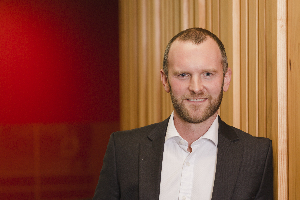
Homeowners are spending just over a third of their salaries to pay off their home loans.
Housing affordability has slightly improved, CoreLogic said. The cost has dropped slightly due to lower home loan interest rates.
The figure is lower than the 34% paid by Australian households to service their mortgages.
According to the research firm, New Zealand households were spending 49% of their income on their mortgages in 2007, before the global financial crisis. The long term average is about 34%.
Aucklanders spend about 37% of their income on their mortgage, according to the report.
The national house price to income ratio is still high in NZ, recorded at 6.4, compared to 2004-2020 average of 5.6.
CoreLogic found that it takes an average of more than 8.5 years to save the deposit for a house.
For renters, the market isn’t noticeably less affordable than in the past, the report said. Average rents currently absorb 20% of household income, in line with the historical average.
CoreLogic's Kelvin Davidson said: “Generally speaking we can see that affordability has improved/stabilised in recent years, and there were always going to be lots of moving parts for what might have happened in Q2. In the end, house prices were flattish, incomes held up, while mortgage rates fell as a result of steadily declining wholesale interest rates.
“However, it must be acknowledged that the national house price to income ratio is still high – 6.4 versus the 2004-20 average of 5.6 – and it takes an average of more than 8.5 years to save the deposit for a house. Historically, the average time to save a deposit has been a year less, at 7.5. For renters, the market isn’t noticeably less affordable than in the past – average rents currently absorb 20% of household income, bang in line with historical norms," Davidson added.




Comments
No comments yet.
Sign In to add your comment